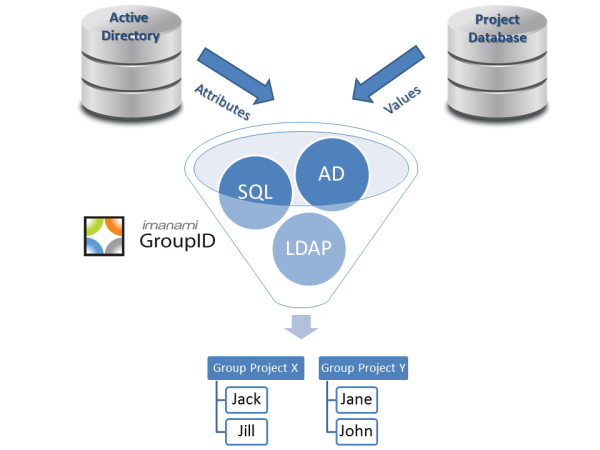
I recently read an interesting article about how the CFO feels about IT. (Hint: not good) The article was based on a survey of 344 CFOs. The survey showed that CFOs, “Are inclined to invest in technologies where competitive advantage can be demonstrated, analysis and decision-making is assisted, or efficiencies and cost reduction are achieved.”
What is interesting to me about the survey is that it really highlights how the business is looking to IT not just for cost cutting, but for top line contributions.
From an IT perspective, projects might require a bit different framing than they have in the past.
Take Active Directory group management, something we spend a little time thinking about, for example.
The old (cost containment) argument is that automation can save man hours and it’s a simple calculation to see how long before a project pays off.
However, group management provides a lot more than just returned man hours. Getting users into the right Active Directory groups and keeping them in the right Active Directory groups as they move throughout the organization contributes mightily to analysis and decision making. Often, groups are at the core of how an organization communicates and collaborates. Automated, dynamic groups ensure that an employee is always included.
Think about it. SharePoint site access is defined by a group. Most internal communication is defined by a group, as are access to most system resources.
A simple example is an employee who has transferred departments or offices and their group membership has not been updated to reflect their new position. This is especially costly if you have invested in something like SharePoint. Those talents are wasted if they aren’t included in or can’t access the systems that your organization uses to communicate and collaborate.
Jonathan Blackwell
View ProfileSince 2012, Jonathan Blackwell, an engineer and innovator, has provided engineering leadership that has put GroupID at the forefront of group and user management for Active Directory and Azure AD environments. His experience in development, marketing, and sales allows Jonathan to fully understand the Identity market and how buyers think.


